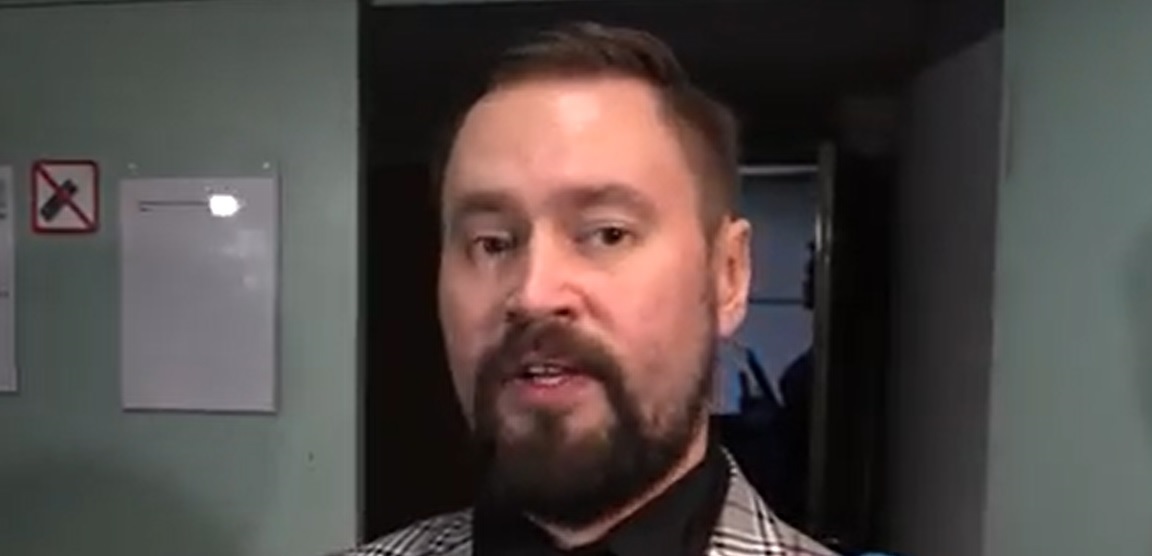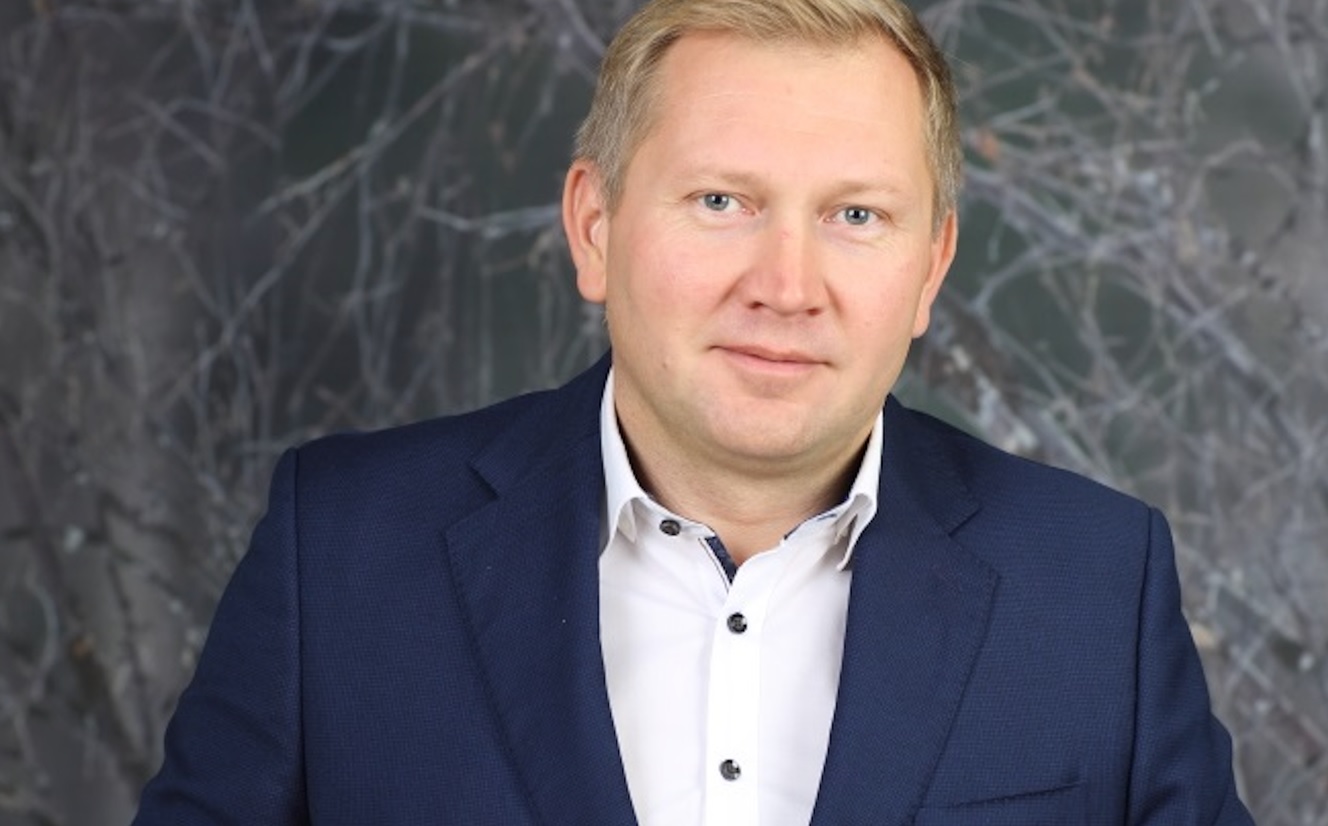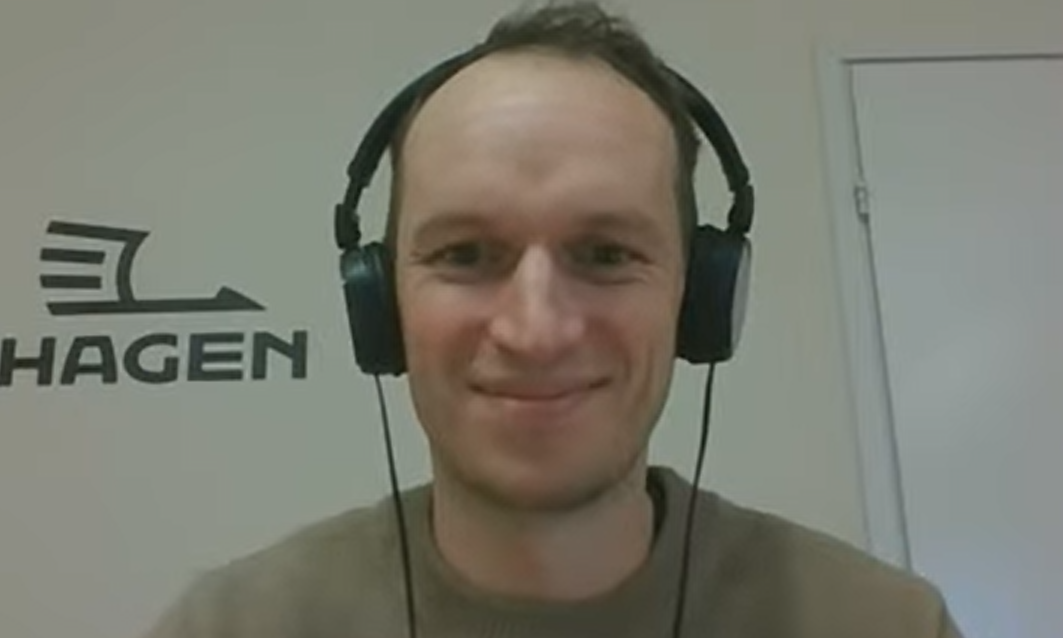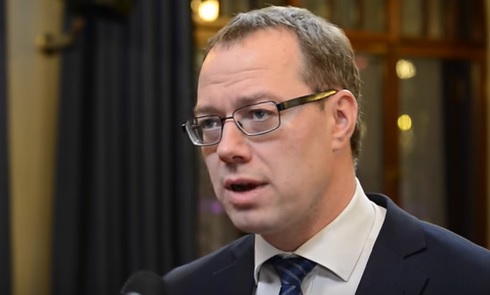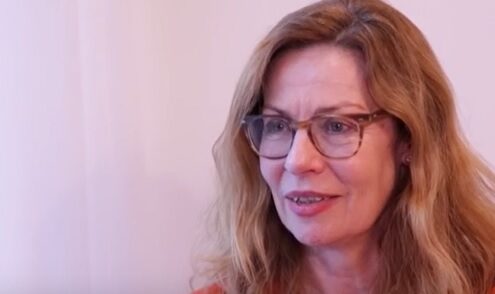NordenBladet – Machine learning is a rapidly growing field that has the potential to transform many aspects of our lives. The technology is already being used to improve healthcare, finance, and education, among other industries. In Scandinavia, machine learning is gaining popularity among professionals, educators, and students, who are curious about its potential and eager to develop the skills to use it.
In the Nordic countries, there has been a growing interest in machine learning in recent years, driven by advancements in technology and the recognition of its value. Professionals with experience in the field are in high demand, as companies seek to leverage machine learning to improve their operations and create new products and services.
One of the reasons for the popularity of machine learning in Scandinavia is the strong emphasis on education and professional development in the region. Nordic countries are known for their commitment to providing high-quality education, and there is a growing number of courses and programs available that focus on machine learning and other areas of technology.
Read also:
SOME of the technologies that are commonly used in machine learning and AI development
The backend of companies that develop and promote friendly AI in the form of advanced machine learning models are likely made up of a combination of several different technologies and architectures, including..
The Future of Jobs: A look at the professions with the MOST POTENTIAL
In the rapidly changing world of work, it’s important to understand which jobs are likely to have the most growth and stability in the future. This is especially true for people who are just starting their careers or considering a career change. With advancements in technology and shifting job market demands, some traditional jobs may become obsolete, while new and exciting careers may emerge.
This is particularly true for younger professionals, who are eager to develop their skills in the field. According to several surveys, machine learning is one of the most popular areas of technology among students and young professionals in the Baltic and Nordic countries. This is due in part to the exciting possibilities that the technology offers, as well as the recognition of its value in the job market.
While machine learning is growing in popularity in Scandinavia, there are also challenges that must be overcome. One of the biggest challenges is the financing of machine learning projects, as many companies struggle to find the resources to invest in new technologies.
Another challenge facing machine learning in is the lack of professionals with the necessary skills. While there is a growing interest in the field, there is still a shortage of professionals who have the knowledge and experience to apply machine learning to real-world problems.
To address this challenge, many universities in the region are working to incorporate machine learning into their curriculums, and companies are investing in training programs to help employees develop the skills they need to be successful in the field.
Machine learning is becoming increasingly popular in Scandinavia, as professionals, educators, and students recognize its value and potential. While there are challenges that must be overcome, such as financing and the lack of skilled professionals, there is also a growing interest in the field and a commitment to developing the necessary skills and resources.
With the right education and experience, professionals in the Nordic countries can position themselves for success in the rapidly growing field of machine learning. By leveraging the latest technology and trends, they can contribute to the development of the region and help drive innovation and progress.
Featured image: Unsplash





